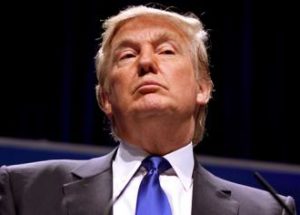
What faces us in the post-COVID-19 world as we struggle to uproot capitalism and its malignant racism, sexism, heterosexism, and environmental destruction, both in theory and in practice?

What faces us in the post-COVID-19 world as we struggle to uproot capitalism and its malignant racism, sexism, heterosexism, and environmental destruction, both in theory and in practice?
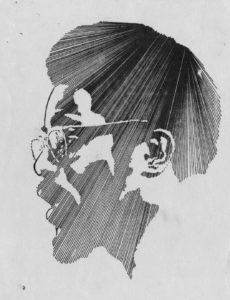
The posthumous publication of Walter Rodney’s book on the historiography of the Russian Revolution is a remarkable accomplishment of historical retrieval, and it provides us with an opportunity to look more deeply into Rodney’s relationship to Marxism, Soviet . . .
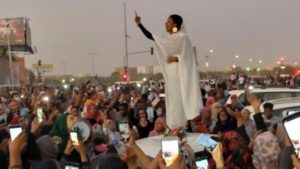
Sudan’s revolution is not only Arab but also African in a way not seen in the 2011 Arab uprisings. The old regime combined Islamism and a racist form of Arabism with military rule, touching off in response a . . .
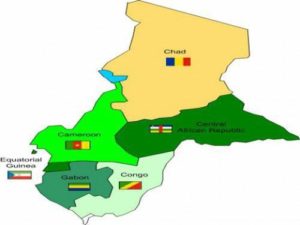
Word War Two as the death-knell for colonial empires is a well-trodden and essentially erroneous narrative. Empires’ relationships with their colonies were uprooted, modified and given the gloss of ‘independence’ but retained injustice and exploitation at their core. In Central . . .
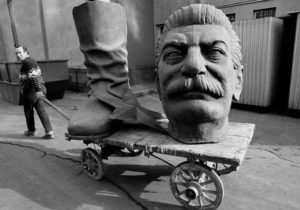
Remember when the Berlin Wall came down? I do.
Glued to TVs in DeKalb, Illinois, my college friends and I watched in envy and amazement as the young Berliners on our screens swarmed all over that unholy edifice attacking it with . . .
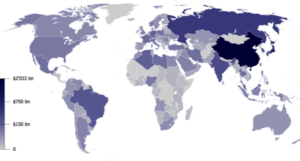
Trade and currency wars, financial volatility and economic turbulence are now the most important features of the world economy.
The elements of a new international financial crisis are in place. Although we do not know when it will break out, it . . .
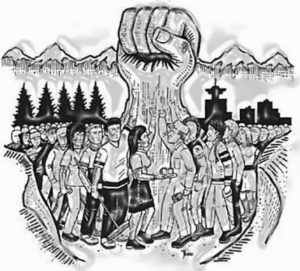
Facebook Livestream Dialogue between Chinese, Algerian, Sudanese, Iranian, Venezuelan and U.S. Labor Activists on International Labor Solidarity.
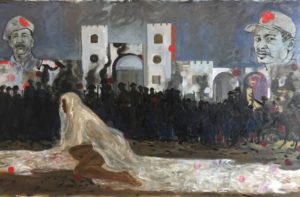
In April, Sudan’s president, Omar al-Bashir, was ousted in a military coup. With the head of the regime cut off, a power struggle ensued between the military junta and the popular movement demanding civilian rule. In August, the main opposition . . .
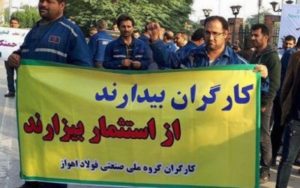
A Dialogue Between Venezuelan, Syrian and Iranian Socialists on the Challenges of Offering an Emancipatory Internationalist Alternative to Imperialism, Capitalism, Sexism and Racism. Sunday July 21, 2019, 6:00-8:30 p.m. Geneva Time.
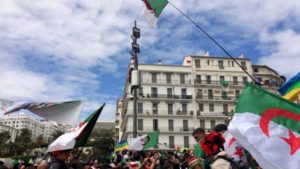
Let’s build on all the new elements and openings created by the Sudanese and Algerian uprisings. Let’s create regional and international links on this basis to change the course of events in the Middle East and North Africa from endless wars, authoritarian capitalism, religious fundamentalism and imperialism to an emancipatory direction.
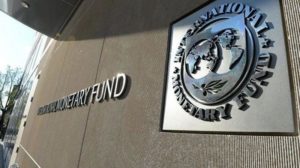
In 2019, the World Bank (WB) and the IMF will be 75 years old. These two international financial institutions (IFI), founded in 1944, are dominated by the USA and a few allied major powers who work to generalize policies that . . .
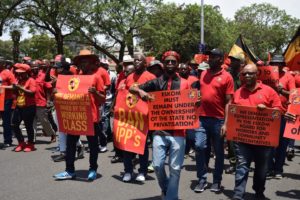
The election of a new government should be a time of celebration. 25 years since the end of Apartheid should be the time of immense celebration. Yet, 25 years since the “dawn of democracy” and South Africans are engulfed by . . .
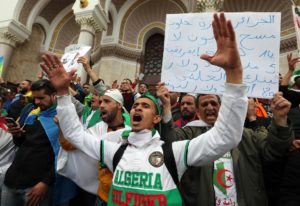
What sparked these latest uprisings, and what has made them so successful thus far? What are the balance of forces today in Algeria and Sudan? And what has changed since 2011 that may allow for a different outcome than the bleak reality we have seen across the Middle East for the past six years?
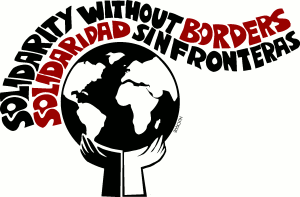
Critical developments around the globe compel the creation of a new type of transnational socialist and anti-authoritarian solidarity network.
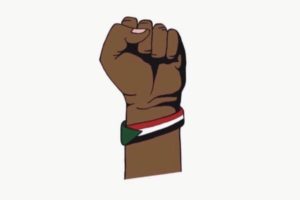
Sudan. The endless lines outside bakeries and gas stations suggest an almost willful naiveté about the dire economic and political situation. The Kafkaesque bureaucratic system requires an element of nepotism to vitalize it into animation. The lack of cash in . . .
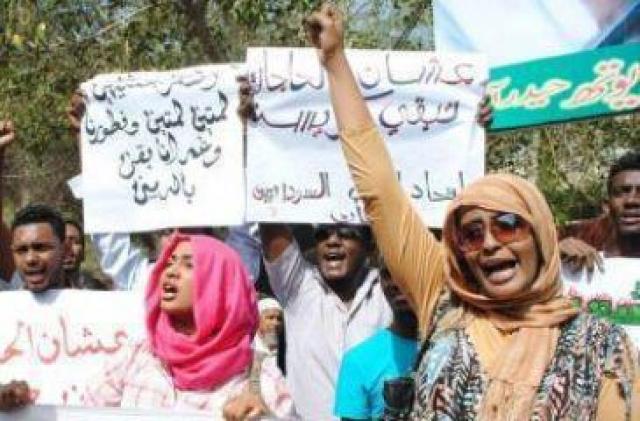
We, the Alliance of Middle Eastern Socialists, support the ongoing uprising which erupted across Sudan starting December 19th, 2018. The protests were set off by the lifting of subsidies on bread, wheat, and electricity as well as spiking inflation. The United Nations Development Program has estimated that nearly half of the population, i.e. 20 million, live below the poverty line. However, their demands go much deeper and call for the downfall of the regime of Omar al-Bashir because of its decades of economic, political, and social repression. The dictator al-Bashir was also on the verge of obtaining constitutional amendments allowing him to run in the presidential election in 2020.
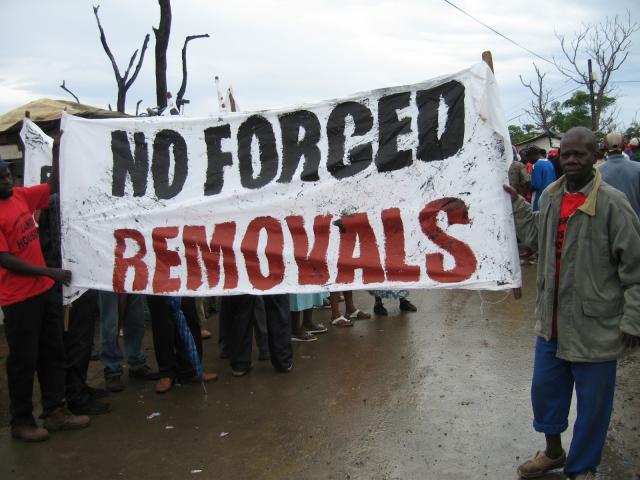
In South Africa ten members of a militant shack dwellers organisation have been assassinated in the past six years. Yet many progressive organisations have distanced themselves from these militants. Jared Sacks exposes the complicity of a mainstream NGO that could have played an important role defending the movement against these political assassinations. Sacks argues that when movements refuse co-optation, repression, including assassination, become necessary to maintain power.

A CNN report last November about slave auctions in present-day Libya shocked the world.1 The existence of these slave auctions was widely treated as a new development in the country and a result of the chaos that resulted from the NATO-supported overthrow of Colonel Muammar Gaddafi. In truth, however, what CNN discovered is but a surviving remnant of Gaddafi’s regime—the Libyan Arab Jamahiriya—a police state with systematic racism and abuse both of Libyans of sub-Saharan African descent and of sub-Saharan African migrants.
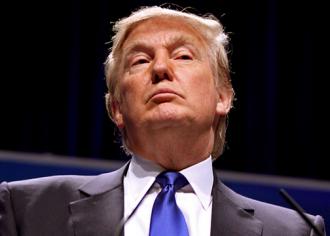
Adapted from a presentation to the Chicago Convention of the International Marxist-Humanist Organization, July 13, 2018.
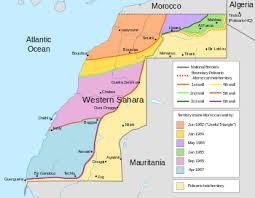
At the twenty-eighth Summit meeting of the African Union (AU) held in Addis Ababa on 30 January 2017, Morocco’s readmission to the continental body generated heated discussion. At the end of the day the Kingdom of Morocco managed to win over sufficient member states on its side and it was allowed to join the fold unconditionally.